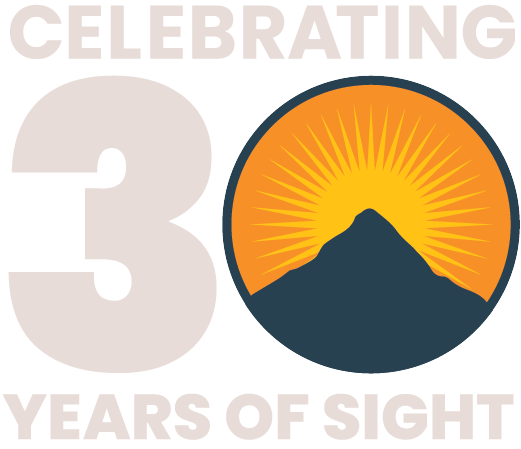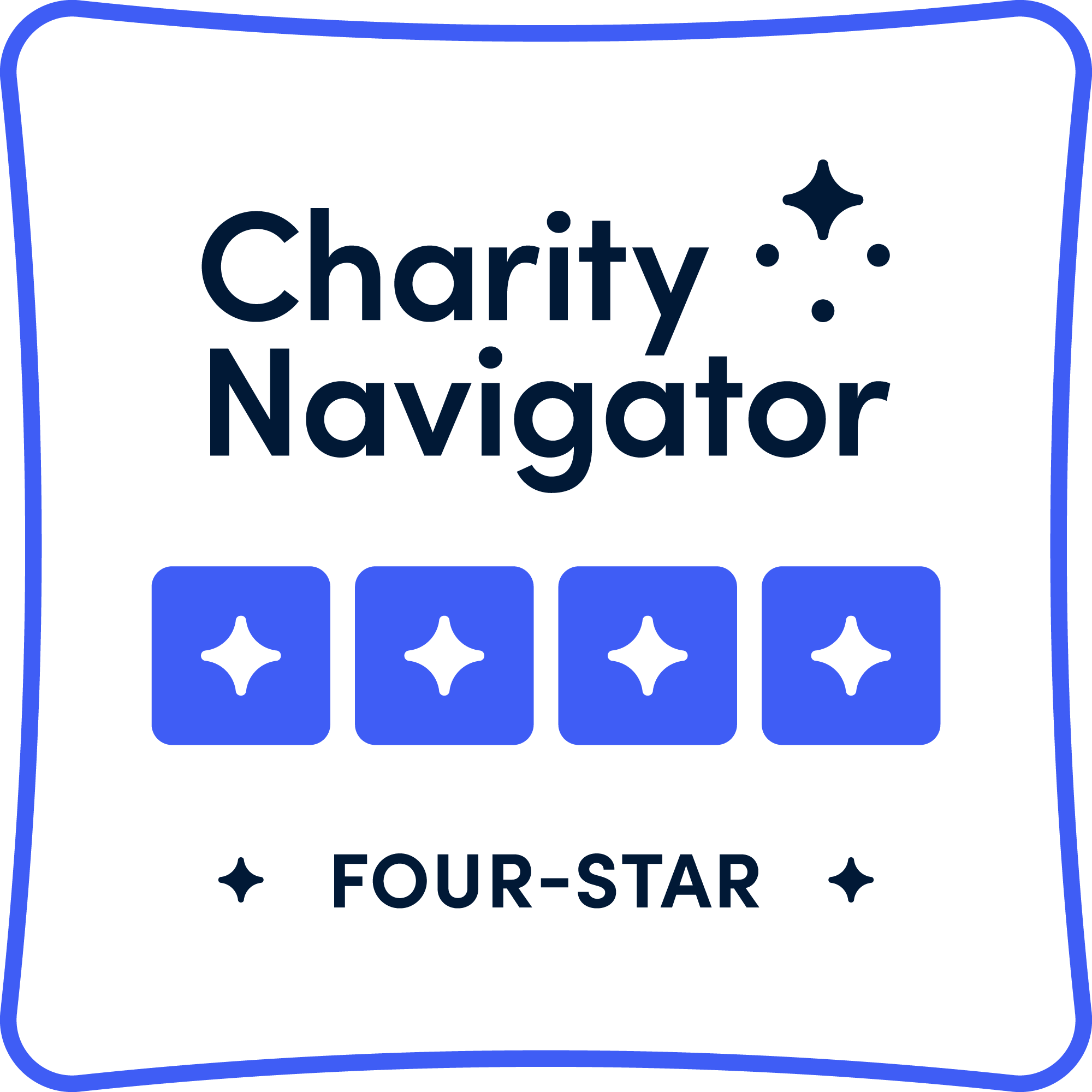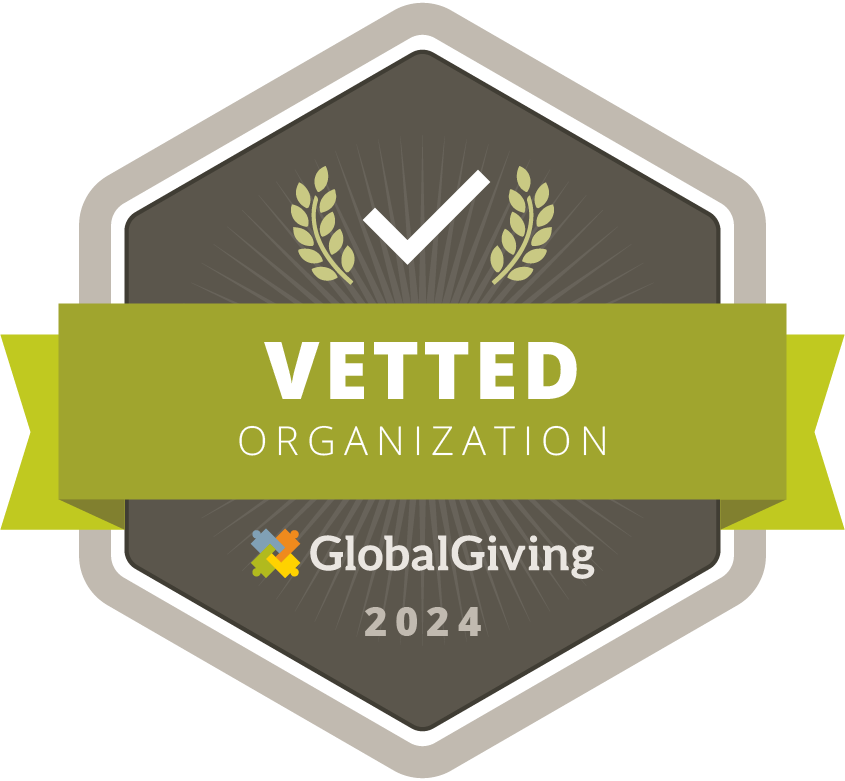Adjoe
Meet Adjoe, a 40-year-old mother from Togo

Oculoplastics, or oculoplastic surgery, includes a wide variety of surgical procedures that deal with the orbit, eyelids, tear ducts, and the face. It also deals with the reconstruction of the eye and delivery of prosthetic eyes, sometimes called a “glass eye,” although not made of glass anymore.
There are a variety of reasons why a patient may need a prosthetic eye, including cancer, accidents, developmental issues (in children), glaucoma, or serious infections. A prosthetic eye (or ocular prosthesis) can have a huge effect on a patient's self esteem, social acceptance and interactions with others.
Meet Adjoe, a 40-year-old mother from Togo. Blind in one eye for over a year due to trauma, Adjoe recently had her damaged eye removed and was given an ocular prosthesis by HCP Partner, Dr. Boteng Wiafe at the Watborg Eye Clinic in the Central Region of Ghana.
In her home country of Togo, Adjoe desperately sought care for her blind eye, which had become infected. As a street vendor of beans, which her family grows, she explained that her eye was “bad for business.” Customers began telling her they were afraid they too would get a “bad eye” if they ate her beans, causing her business to suffer and taking away a vital source of income for her family.
After seeing several doctors who said there was nothing that could be done to resolve her condition, she called her brother, Kofi. Kofi was living and working in Central Ghana so she waited till her efforts in Togo were exhausted to tell him, “there is no hope for me.” Little did Adjoe know, but her brother lived very close to the Watborg Eye Clinic and had heard from many people in the community that Dr. Wiafe was a skilled ophthalmologist who has helped many. Thus at Kofi’s urging and with his support, Adjoe left her husband and 14-year-old son in Togo to seek eye care in Ghana.
Once in Ghana, Kofi took Adjoe to see Dr. Wiafe. After treating her eye, Dr. Wiafe pulled out a box of prosthetic eyes. Holding each by Adjoe’s good eye to match the color, size and shape, Dr. Wiafe was able to find a perfect match - even though options were limited due to lack of supply.
Dr. Wiafe placed the prosthetic in her eye socket with gentle care and took a step back. Just as when she arrived, Adjoe’s demeanor was sullen and kept her head down, covering her mouth when she spoke. Then, a nurse gave Adjoe her phone with the camera on so Adjoe could see herself. Immediately, Adjoe began to smile and talk excitedly about being able to work again and the effect it would have on her family saying, “they no longer have to be ashamed of me.”




